Meet the Founding Editor
NOAA Pacific Marine Environmental Laboratory; Arctic Report Card initiator, previous editor, and section author
How many years have you been involved in the Arctic Report Card?
From the beginning.
Tell us about your research.
I lead a NOAA project on Arctic change detection, sea ice dynamics, and large scale Arctic meteorology (phenomena such as the polar vortex, jet stream, and midlatitude weather connections). I’ve also conducted field research on the ice and from NOAA aircraft.
What has drawn you to research in the Arctic?
I first went to the Arctic as a student in 1968, tracking the beginning and ongoing environmental changes in the Arctic.
What do you want the public to know about the Arctic Report Card?
We created the Arctic Report Card to meet the need to report credible scientific observations and information every year relative to historical data. Further, it was thought important to increase the credibility of reporting Arctic change through comparing different observations across multiple disciplines. The Arctic Report Card should be approachable to scientists, managers and the public. The Report Card was conceived as a U.S. contribution to provide information to the International Arctic Council. Previously, Arctic Assessment reports took multiple years to develop and would tend to quickly go out of date due to continuing Arctic changes, making a yearly report a valuable contribution to scientific knowledge of the Arctic.
What do you see as the greatest legacy of the Arctic Report Card?
The Arctic Report Card quickly became a standard reference, with the press anticipating it every year.
What do you hope to see in the Arctic or with Arctic science and research in the future?
I hope it will continue as an approachable reference standard, not just for the Arctic but a reference of global change.
